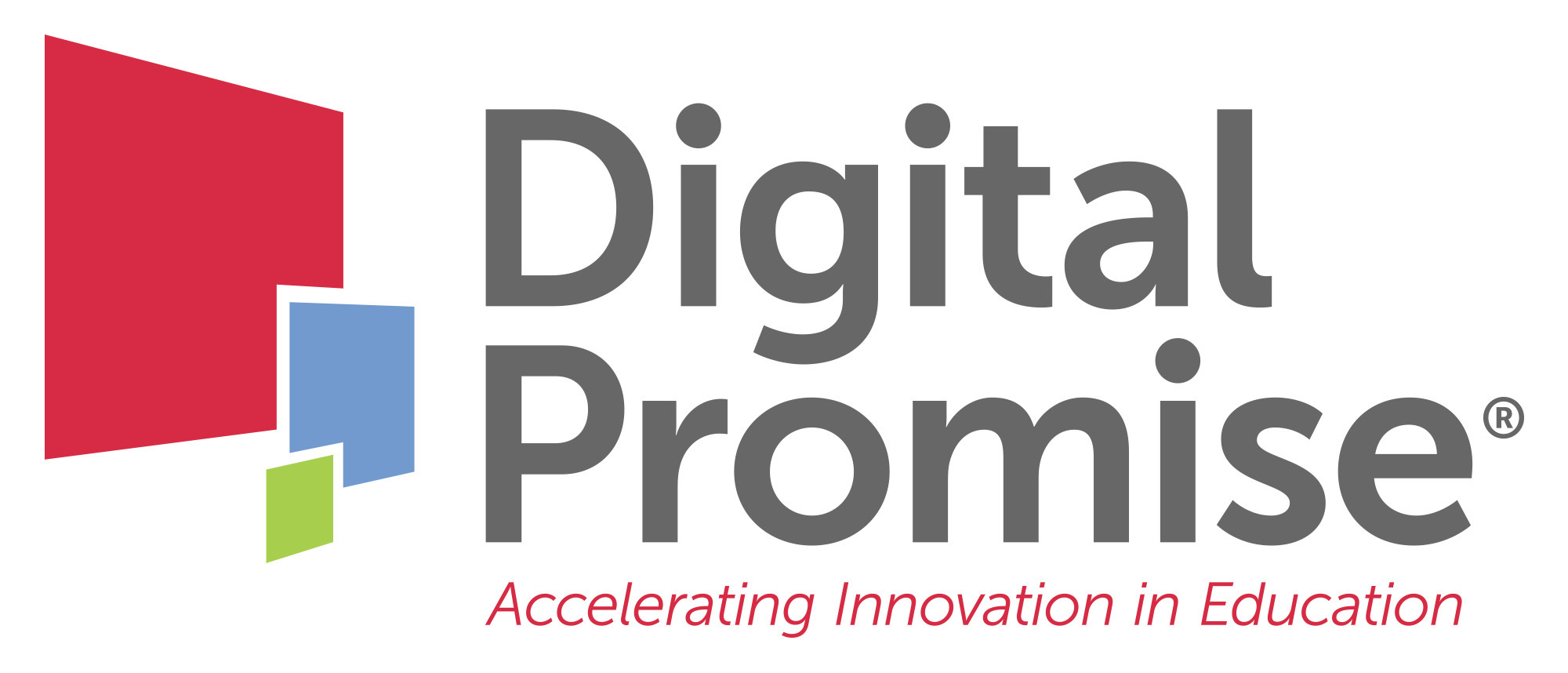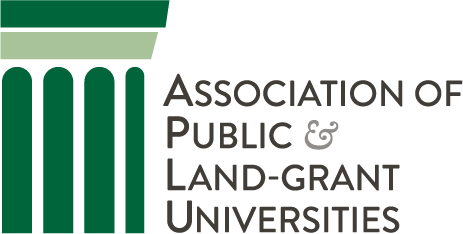For the last several years, Dr. Shirley Burnett, Interim Chair and Instructor of Mathematics at Jackson State University, has successfully used formative assessments and reflection activities in her college algebra classes. For example, a very short weekly questionnaire allowed Burnett to adjust quickly to make her lessons more relevant and culturally responsive.
So when JSU’s provost suggested the institution participate in the Equity and Digital Learning Research Practice Partnership (RPP) led by Digital Promise, Burnett reached out to colleagues in chemistry and English to use the opportunity to expand how reflection is used in gateway courses in their departments.
The Equity and Digital Learning RPP was designed to address a critical, ongoing issue in higher education: One out of three minoritized, poverty-affected, or first-generation students don’t advance past their introductory courses. The RPP was designed to move from abstract high-level discussions of desirable teaching practices that address that equity gap to specific practices that instructional designers and faculty can implement.
The RPP was created in collaboration with the Association of Public and Land-grant Universities and Achieving the Dream, with support from Every Learner Everywhere. It supports institutions applying equity principles while using digital learning technologies to redesign gateway courses. The 18-month program provided institutions like Jackson State with summer stipends to support faculty working on the redesign, technical assistance from the partner organizations, an institutional honorarium, and original student surveys.
Other members of the RPP cohort included New Mexico State University, Borough of Manhattan Community College, University of Maryland Baltimore County, and Harper College. Each school agreed to commit to a strategy to close gaps in the DFWI rates in at least one gateway course.
The project
Burnett and colleagues Stacy Davison, Laura Miller, and Drs. Naomi Campbell and Dr. Teresa Demeritte began their work in the RPP by brainstorming ways to use reflection activities to help them achieve their goal of expanding culturally responsive teaching in the target courses in math, chemistry, and English.
Starting in fall of 2021, using the online course management system Canvas, each week Burnett and her colleagues sent their students discussion questions about class, asking them to identify challenging parts of the curriculum as well as their personal strengths and weaknesses, and to note how the instructors could improve their learning experience. The reflections were required as part of the student’s participation grade.
“It always starts off kind of dry, with the students thinking, ‘Why do we have to do this?’” Burnett says. “But by weeks four and five, they’re really sharing, so I make sure that’s one part of Canvas I touch every day. So if something comes up, I can respond to it.”
The feedback
Sometimes what students bring up is simple. One student noted that Burnett was moving through the lesson too fast, so the next day she made a point of asking the class if she was moving slowly enough for them.
“I wanted them to know they were heard,” she says.
Other comments are not as simple to address, such as when her entire class used their reflections to complain that attending class was required during homecoming week. Burnett probed the issue a little further and found out that what the students really wanted was to miss the Friday class the day after a concert that week. So, Burnett and her students agreed they’d extend class by a few minutes each day to make up for canceling the Friday class.
Most importantly, Burnett and her colleagues heard repeatedly that students noticed changes in the curriculum, class discussions, labs, and assignments, and that they considered the classes to be safe spaces to be themselves.
“Content is the focus, but classes often go beyond that,” Burnett says. “A student will say, ‘Well, I had a really bad day or bad week, and maybe I should have managed my time better.’ It’s an outlet for them to get it off their chest and move forward.”
Korah Wiley, Learning Sciences Researcher at Digital Promise and one of the team managing the RPP, says that getting student feedback can often be a “check the box” activity but that “the JSU team transformed it into a routine that built a sense of trust, support, and respect in the classroom. Even more remarkable was their commitment to taking timely action in response to the feedback. Theirs is a powerful example of how to partner with students to improve the learning experience.”
Burnett says the reflection activities have changed her as well. She feels she is less firm in the boundaries she maintains about her role as instructor and their role as students, and is more open to relating to students personally inside and outside of class.
Related viewing — An archived webinar where Burnett shares more about the RPP and classroom practices
The “aha” moment
Burnett found one theme that emerged from student reflections to be an unexpected throwback to traditional pedagogy: They asked for more worksheets to practice with. But instead of assigning worksheets as homework, she started using more class time for practice activities and customized them to address particular definitions and concepts students were struggling with.
The impact was immediate and obvious. Students began interacting during class, asking questions and getting peer support. The ungraded worksheets served as study guides, and grades on formative assessments improved dramatically.
“Before [when I was explaining a concept], they would just sit and twiddle their thumbs, or they’d ask me to move so they could take a picture with their phone of the notes on the board,” Burnett says. “Now in class they’re working, working, working.”
The next steps
In addition to continuing the regular reflections, Burnett and her colleagues also plan in fall 2022 to add a questionnaire to every test. They want to analyze what students were thinking as they took it. Did they have anxiety? Did they perform as well on the assessment as they did on their classroom work?
With that data in hand, the team can improve the assessment experience and hopefully, increase the percentage of students earning a passing grade in their introductory classes.
“I just know that with the students that we serve, building relationships is very important to them,” says Burnett. “They respond better when there’s a sense of belonging; that you care for them. And I think with reflections, it allowed us to do that.”
Download What Our Best College Instructors Do




